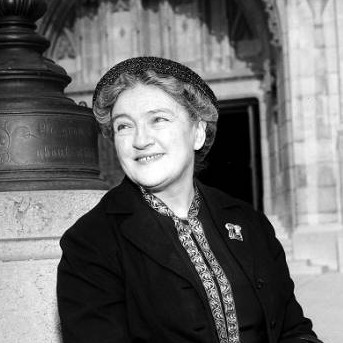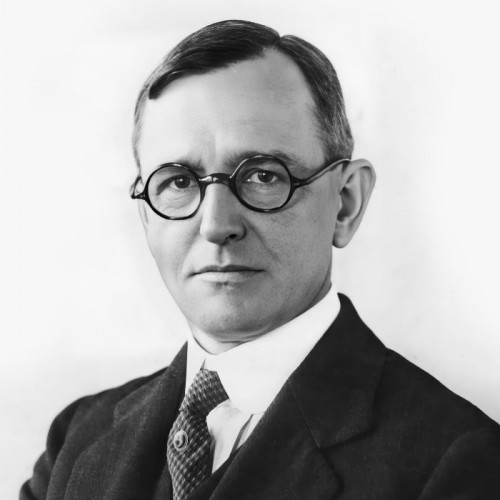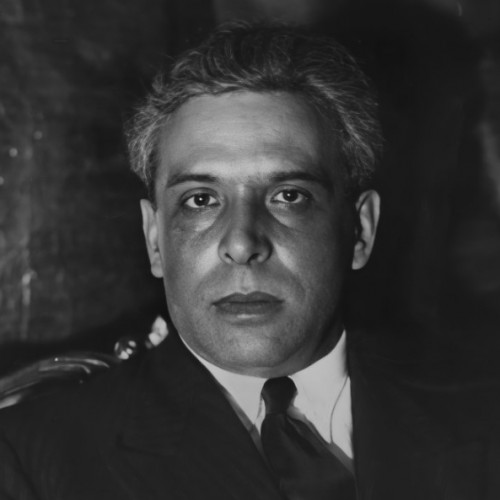Ecaterina Olimpia Caradja (1893–1993) - Instytut Pileckiego

“Kurier Polski” published in Bucharest on 3 December 1939 was full of alarming headlines: “The Soviet attack on Finland”, “Executions and deportations.” One of them gave people hope: “Under the care of Princess Caragea. Home for mothers and chilldren.”
The article described the fate of the children of Polish refugees in Romania – “small, petite, innocent children, who were forced to roam since the very beginning of their lives.” Fortunately, “they found a kind guardian” – Princess Ecaterina Olimpia Caradja.
The Romanian aristocrat and philanthropist was head of the charitable Association of Saint Catherine’s Cribs. On 24 September 1939, she provided Polish families in Bucharest with access to two buildings, including a spacious pavilion, with nurseries, playrooms and a reading room for children. The youngest received four meals a day. A Polish school was established right away. The establishment provided refuge to 120 Poles. As a representative of the International Committee for Children’s Relief, Caradja also distributed clothes for children among other refugee communities.
The princess often intervened with the Romanian authorities to provide greater support to the Polish refugees. She collaborated with Paul Super, who supervised the American aid to Poles in Romania. While some of the refugees left Romania for other countries before the end of the war, the rest returned to Poland in 1945.
In 1952, Caradja was forced to flee from communist Romania to the United States. She returned to her homeland shortly before her death. On account of her support for the Allied soldiers who had been taken prisoner, she was referred to as the “Angel of Ploiești.” She was also an “angel” to the Polish children. “Kurier Polski” described her as having “great energy, an unfailing smile, a kind word for everyone, and a willingness to compassionately hear out everyone’s struggles.”
Princess Caragea cooperated with us with great devotion, looking after infants, children and women. Her remarkable personal qualities, energy and readiness to collaborate have made her one of the most exceptional individuals in the entire relief campaign.
Report by Paul Super, director of the American Commission for Polish Relief in Hungary and Romania to the Ministry of Military Affairs, 1940
See also
- Semen Biliczuk

awarded
Semen Biliczuk
(1890–1944)Jews, Ukrainians, Poles – the population of the prewar village of Kisielin [now Kysylyn] [now Kysylyn] was characterized by a vivid mosaic of ethnic and religious groups. The leader of such a community had to be able to find a common ground with everyone.
- Paul Super

awarded
Paul Super
(1880–1949)Paul Super was only supposed to spend eight months in Poland. In 1922, he came to Warsaw with his family to build a local branch of the Young Men’s Christian Association (YMCA).
- César de Sousa Mendes do Amaral e Abranches

awarded
César de Sousa Mendes do Amaral e Abranches
(1885–1955)In the 1930s, César de Sousa Mendes was at the height of his diplomatic career. He worked at missions in Africa, Europe, America and Asia. He was Portugal’s Minister of Foreign Affairs for a year.


